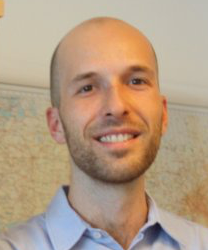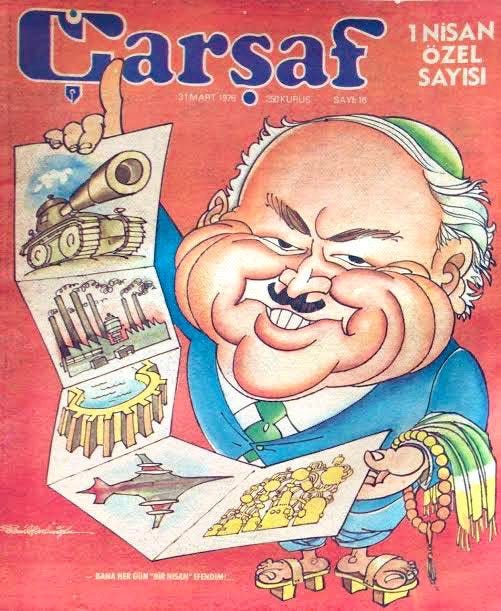
Erbakan's Cause, Part IV
This is the fourth and last part in the series on Necmettin Erbakan’s treatise/biography.
Part I was mostly on Erbakan’s early years as an engineer and the basics of his Islamism. Part II was on a long chapter called “the powers that rule the world” in which he gave a sweeping overview of modern history as he sees it. Part III was on foreign policy issues, including Islamic unity and Cyprus.
Here I’ll finish my summary of the chapters, and for paid subscribers, reflect briefly on Erbakan’s legacy, including the rise of his youngest son, Fatih Erbakan, and the relationship between the AK Party and New Welfare.
Our Educational Cause (Maarif Davamız)
At 4.6 pages, this is the shortest chapter in the book. Erbakan says that educational outcomes in Turkey have been awful because the curriculum is a mere imitation Western education. He argues that if Milli Görüş came to power and restore the nation’s wholesome Muslim identity, they would re-orient the education system towards fulfilling the country’s actual needs. Schools and universities would be put into the service of practical needs like growing agricultural output, creating an industrial base, and developing indigenous weapons systems.
It’s telling that this is the shortest section. Education has always been an afterthought for the Islamists, which is why it’s almost universally acknowledged to be the policy area in which the AK Party has done the worst. They weren’t really able to institute practical education, but have been more successful at infusing religious doctrine into the K-12 educational curriculum. A recent law called the “Turkey Century Education Policy” using the same type of pseudo-Ottoman language that Erbakan liked, has kids spend roughly half of their time on religious studies.
Our Industrial Cause (Sanayi Davamız)
The one policy goal that Erbakan focused more than anything else was building the capabilities for indigenous weapons systems. He rightly thought that the way to get there was to establish a base of heavy industry.

Erbakan on the April 1, 1976 cover of the satirical magazine Çarşaf. The religious symbols (prayer beads, prayer cap, wooden sandals worn after ablution) and the catalogue of items on heavy industry must have felt antithetical in the 1970s.
As discussed before in this book, Erbakan believed that modern science and heavy industry are originally the intellectual property of the Muslim world. The West stole it and appropriated it to gaslight Muslims into believing that they are an inferior civilization. This chapter is rich on this topic:
To give an example, the steel-producing city of Solingen in Germany was named after a German named “Solingen” who came to our country centuries ago during the Crusades… After his return, he opened a smithy in this village in Germany and started to practice the art he learned from Muslims there. Today, that village has become one of the largest industrial centers in Germany. However, when history is examined, it becomes clear that this astonishingly developed center of steel has us as its instructor, the Islamic civilization that we belong to.
